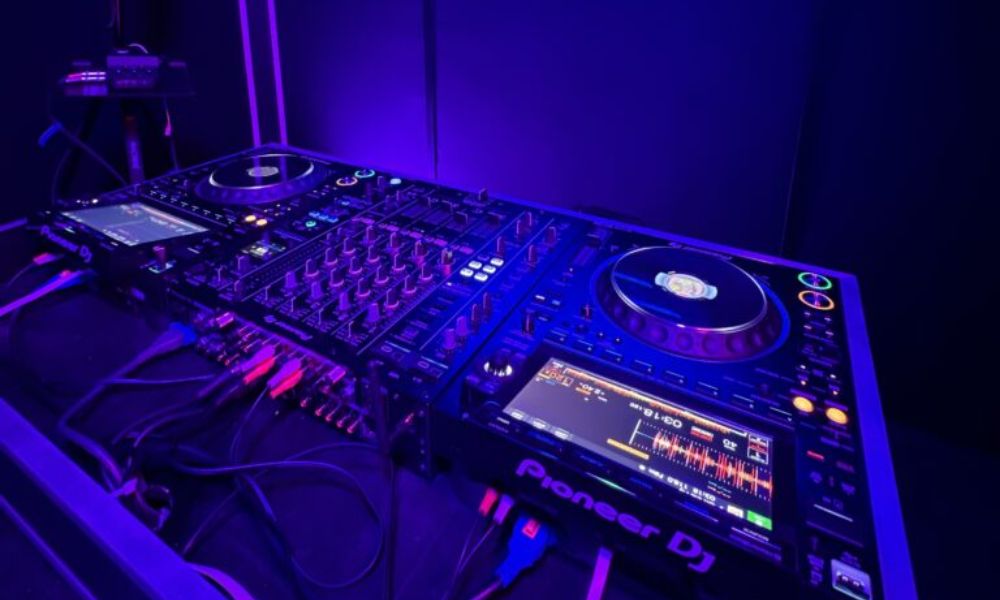The terms “mixing” and “mastering” are likely familiar to many musicians, artists, and music producers. However, these terms may sound complicated and confusing for those new to the industry. Both are important stages in the production process, but what is the difference between mixing and mastering music? Read on to explore everything you need to know.
Mixing
Mixing is the process of combining multiple tracks or audio sources into a final stereo audio mix. This stage involves balancing the instrument, vocal, and other song element levels, adjusting the frequency spectrum, panning sounds in the stereo field, and adding effects such as reverb, delay, and compression. A mixing engineer uses a DAW (Digital Audio Workstation) to adjust the individual tracks until they sound balanced and cohesive.
What makes a good mix? The answer is subjective and depends on the song’s intended genre, style, and mood. However, a good mix generally has clarity, balance, and depth, with all the elements of the song sounding clear and complementing each other.
Mastering
Mastering is the final stage of music production and comes after the mixing stage. Mastering aims to prepare the final mix for distribution by enhancing its overall quality, consistency, and loudness. Mastering engineers achieve this enhancement by making final EQ adjustments, balancing levels between each track, and applying compression, limiting, and other mastering effects. The mastering engineer also ensures the overall sound is consistent across different playback systems, such as headphones, speakers, and car stereos.
Adding a final polish to the mix is one important aspect of mastering. This polish can include warmth, depth, or punch additions to the tone and ensures the final output sounds finished. The mastering step is also when the engineer finalizes the song levels so it’s loud enough to compete with other tracks in the same genre.
What Are the Differences?
Simply put, mixing is the process of blending multiple tracks to create a balanced and engaging mix. Mastering prepares the final mix for distribution. Mixing involves adjusting individual tracks, while mastering involves adjusting the overall mix. A mixing engineer does the mixing, while a mastering engineer does the mastering.
It can be challenging to complete the audio engineering process if you don’t have the necessary equipment. Renting a DJ practice studio will make it easier to start immediately without all the overhead.
Take Your Music Career to the Next Level
The differences between mixing and mastering music might be confusing at first but both steps in the music production process are equally important. Knowing these differences can help you better understand how to create your music and prepare it for release. Therefore, it’s important to understand the mixing and mastering process to create the best possible final product, whether you’re a musician, producer, or sound designer.

